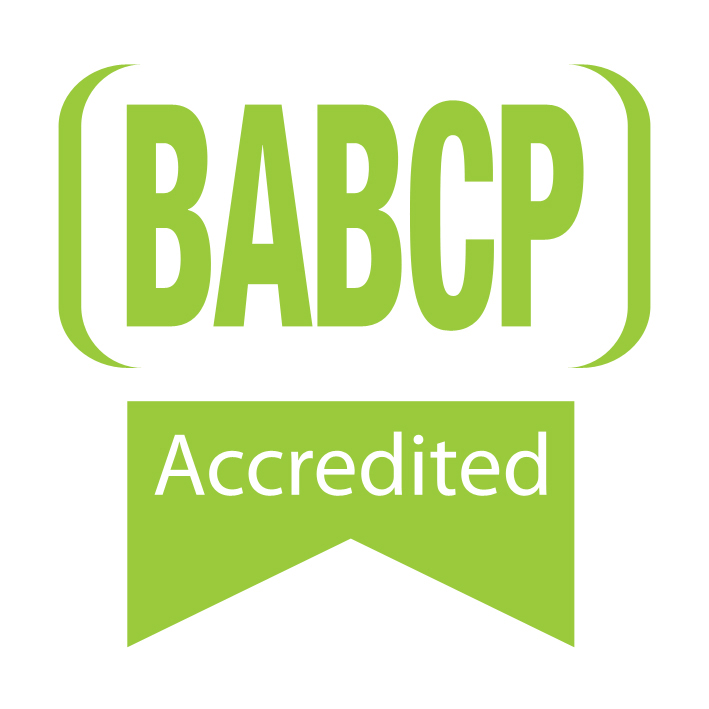Depression
Depression is a common disorder which one in ten people (10%) can expect to experience at some point in their lives. Many people think being depressed means feeling a bit low or sad for a while. However, being depressed involves feeling low in mood, unhappy or sad for long periods of time – weeks or months. People experience depression in different ways, not just feeling sad. Symptoms can include feelings of hopelessness, lack of motivation, lack of interest in things and withdrawal from previously enjoyed activities, as well as feelings of unhappiness.
Sometimes people experience physical symptoms too, such as loss of appetite, disturbances to their sleeping pattern (sleeping too much or too little), aches and pains, and loss of sex drive. Other people may also experience anxiety symptoms as well as depression.
Depression can be mild, feeling low in mood much of the time for long periods, or much more severe. At its most severe people may have thoughts of life being no longer worth living and of being suicidal.
Depression can be caused by a specific trigger such as a loss event, like bereavement or a relationship ending, or being made redundant. Sometimes the reason people become depressed is less clear and may have its roots in earlier life experiences. People who have family members who have been depressed are more likely to suffer from depression too.
Depression can be treated in a number of different ways, including anti-depressant medication and through talking therapies. One of the most effective talking therapies for depression is cognitive behavioural therapy, which is the recommended treatment of choice supported by National Institute of Health and Clinical Excellence guidance.
Contact us in confidence to find out how we can help treating depression.



